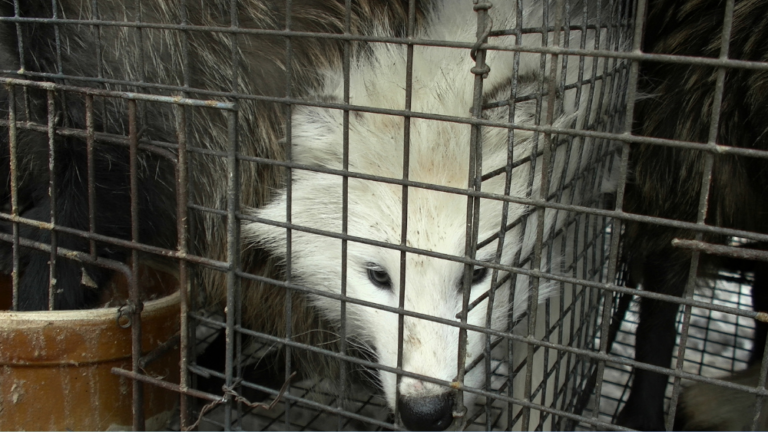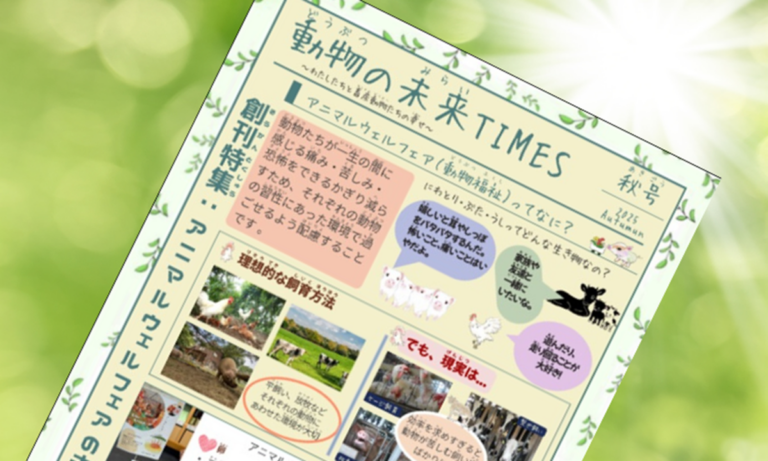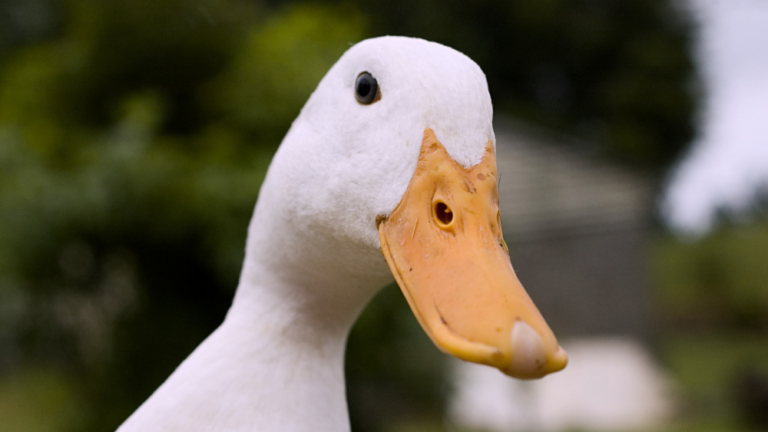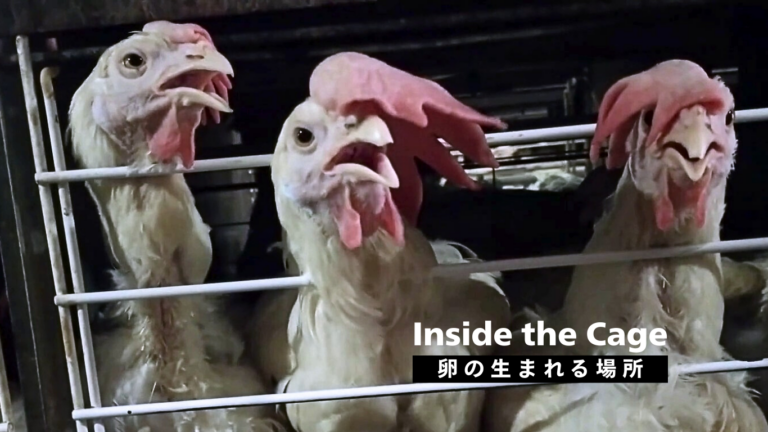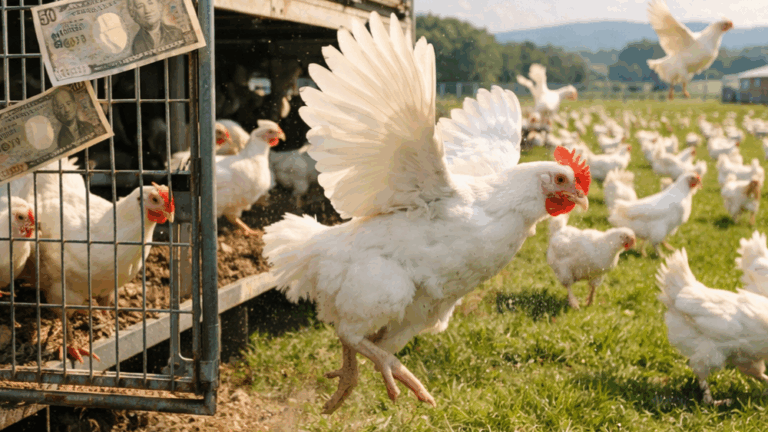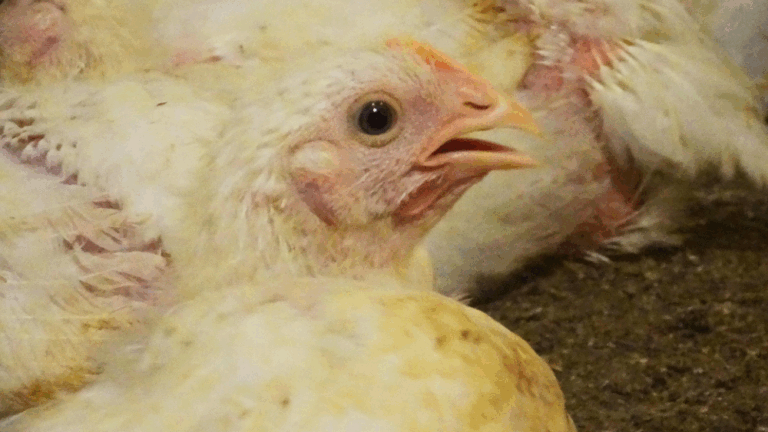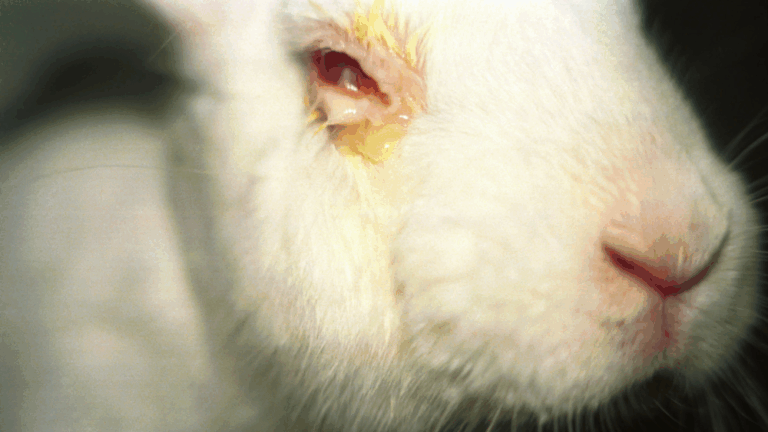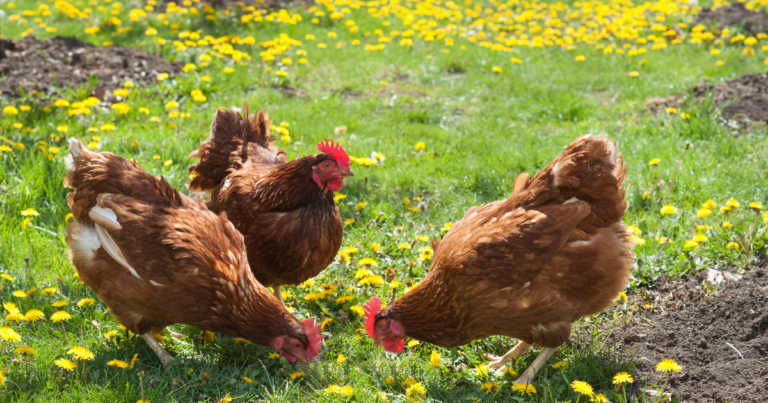Koichi HOSOKAWA, Professor, Japan Women’s University
More and more people consider pets to be family members. The term “companion animal” is also becoming more common. On the other hand, abuse and abandonment of pets and ill-treatment in the pet industry are often in the news.
If you kill or injure someone else’s animal, you can be punished under criminal law for damaging property. However, this provision does not apply if the animal’s owner does the same. It is a crime to destroy someone else’s property, and animals are simply treated as property. The crime of damaging property is punishable by imprisonment of up to 1 year or a fine of up to 1 million yen, On the other hand, the crime of killing animals listed in the Animal Welfare Management Act also applies to the acts of the owner. It stipulates imprisonment of up to 5 years or a fine of up to 5 million yen, which is quite heavy. The reason is that the basic principle of the Act is that animals are not just objects, but that they are living things.
(But animals to which the Act applies are cattle, horses, pigs, sheep, goats, dogs, cats, rabbits, chickens, pigeons, ducks, and other animals occupied by humans belonging to mammals, birds or reptiles)
But what is at issue now is the provision of the Civil Code. Under the Japanese Civil Code, animals are merely property as objects of rights. In recent years, however, civil law in Europe has begun to recognize that animals are more than just objects.
For example, in Germany, the 1990 Amendment to the Civil Code stipulated that “animals are not property. Animals are protected by special laws. With respect to animals, the provisions relating to property shall apply mutatis mutandis unless otherwise provided.”
In France, the 2015 Amendments to the Civil Code stipulated that “animals are sentient, living beings. Subject to the regime of property, subject to laws relating to the protection of animals.”
Legal Issues of Japan
What is the problem with the current Civil Code in Japan?
Under the Civil Code, animals cannot be the owner of rights like humans. For example, even if the animal owner wishes to leave property to the pet after his/her death, the pet cannot inherit the property. In addition, even if a pet is injured or dies in accident, it is treated in the same way as an object, so it is not possible to claim a large amount of compensation as in the case where a person is injured or dies. Furthermore, even if the animal is abused at the owner’s home, others cannot rescue the animal. Alternatively, if an animal is left in a car for a long time and the owner’s whereabouts are unknown, if an animal protection group breaks the window to save the animal, it may be held legally responsible. I know such case that even after reporting to the police, the police hesitated to break the window, and the police stopped the caller from breaking the window.
Legal status as subjects of rights
Under such circumstances, the idea of giving legal status to animals and positioning them as subjects of rights is being considered not only by animal law scholars but also by civil law scholars. The Civil Code stipulates not only human beings (natural persons) but also corporations as subjects of rights. Examples include stock companies and school corporations. Therefore, animals should be given a status similar to corporations. Obviously, giving an animal a legal personality does not give him all the same rights as a natural person. Given the current human society, the envisioned content of animal rights is the right not to be killed or abused unnecessarily. This is an attempt to explore new possibilities for animal protection. However, since animals themselves cannot assert their rights and bring about lawsuits, animal welfare groups will exercise their rights on behalf of animals.
Shoji Kawakami, a civil law scholar and professor emeritus at the University of Tokyo, states the following in his book “Lecture on General Provisions of Civil Law” published by Nihon Hyoronsha in2007.
“At least giving certain legal considerations to animals as living and sentient beings is not an idea that is incompatible with the sharp distinction between people and things that has become the institutional basis of human dignity.” There are many obstacles and issues to be considered, but I would recommend that the Diet or the Ministry of Justice’s Legislative Council discuss it seriously.




